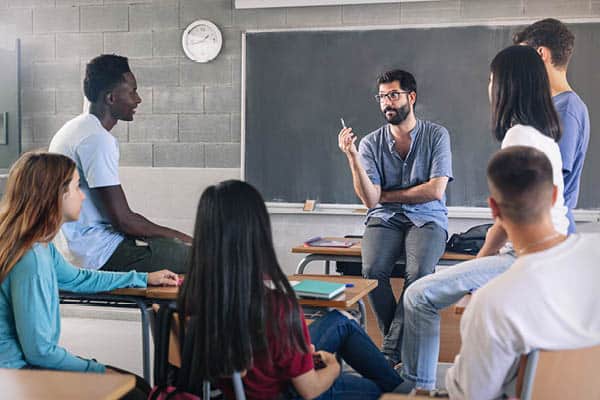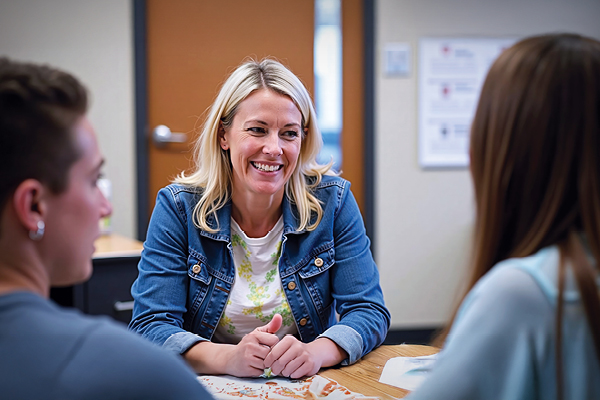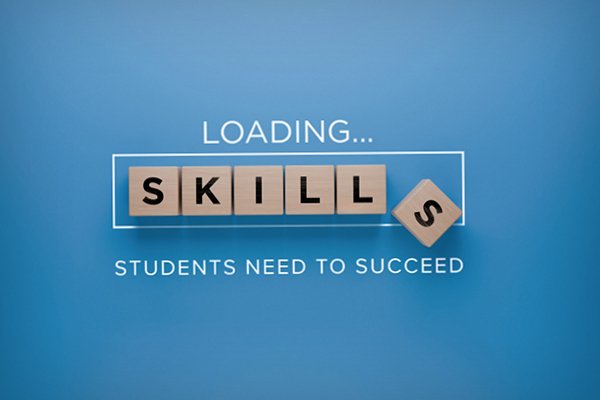Debate and argument can help students anchor scientific concepts and can be woven into hands-on learning approaches, according to K-12 Dive. Students in Massachusetts’ New Bedford School District demonstrated this by assessing even the plausibility of UFOs or Bigfoot while studying at the district’s aquatic and marine center.
“All ideas in science have to be argued for,” says Jonathan Osborne, the Kamalachari professor of science education, emeritus, at the Stanford University Graduate School of Education.
Without having students look for evidence of the phenomena they are studying — be it matter conserved in a chemical reaction or the DNA in a cell — they are taking information at face value, he said.
“If that evidence and the arguments for the conclusions are not presented, then students have to accept it on faith,” Osborne says. “Having beliefs that you cannot justify is poor currency.”
Osborne suggested that educators should work with students to help them learn how to build arguments within a science curriculum. Hands-on learning coupled with science education is a good way to learn how to use and look for evidence in the service of learning science, he says.
“You can only debate scientific facts if you have evidence to support your view,” Osborne says. “Scientific facts are not opinions. They are warranted conclusions based on what we know about the world.”
Osborne notes it’s critically important for teachers to help students learn how to assess and evaluate evidence used to bolster their arguments and pass certain steps.
Does a source have a conflict of interest? A paper touting the benefits of green laws from an institute producing fertilizer should raise a red flag, he said.
The evidence should come from someone with scientific expertise in the area discussed. An astrophysicist, for instance, is probably not the best expert when building an argument around immunology.
Students should seek consensus on an issue. If someone makes a claim that goes against consensus, he suggested that it borders on thin ice.
Osborne says educators can debate topics such as whether a seed is alive with students while bringing them on a walk into nature, looking at the criteria of a living state and what constitutes something being a decomposer.
“It gets people talking about science, using the language of science and explaining it to each other, and it gets people listening to other arguments and thinking critically,” Osborne says. “All of which are positive.”
K-12 Dive




